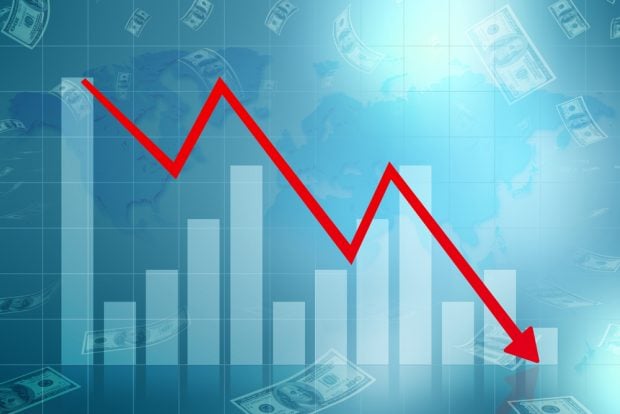A study by an online credit score provider warns that Americansare forgetting the lessons of the Great Recession, and piling on record amounts of debt.
|WalletHub on Wednesday released an index offinancial literacy that ranked Louisiana as having the worst levelsof financial-education programs and consumer habits among the 50states and Washington, D.C. New Hampshire ranked the highest.
|The subsidiary of Washington, D.C.-based Evolution Finance Inc.reported that average credit-card debt per U.S. household peaked at$8,463 in the fourth quarter of 2007 at the Great Recession began,and fell to a low of $776.6 billion in the 1st quarterof 2011. It rose from $7,893 at the end of 2015 to $8,377 on Dec.31, 2016.
|“We ended 2016 with $89.2 billion in new credit-card debt, thehighest increase since 2007. That's unsurprising, considering thatonly two in five adults actually have a budget,” the reportsaid.
|“There's really no shortage of statistics that one can cite to illustrate ourmoney-management shortcomings — from the 18% of Americans who spendmore than they make to the 50 of folks who don't have a rainy-dayfund,” it said.
|Half of the overall score used in the report came from a medleyof measures under the categories of Financial Planning and Habits, and FinancialKnowledge and Education. Many of these scores depend on levels ofwealth, such as savings patterns, and measures of the population'soverall education levels.
|The other half of the score relies on WalletHub's WalletLiteracySurvey. This is from the results a 30-question exam of financialknowledge taken by 8,740 people nationally.
|Top-ranking New Hampshire was 4th on WalletLiteracy, 1st onFinancial Planning and Habits and 6th on Financial Knowledge andEducation. It had the 2nd highest share of adults with arainy day fund, and the 2nd lowest share of unbankedhouseholds.
|Bottom-ranking Louisiana was 47th on WalletLiteracy, 51st onFinancial Planning and Habits, and 31st on FinancialKnowledge and Education. The state had the highest share ofunbanked households.
|WalletLiteracy Survey scores increased steadily by income,education and age—except that it declined slightly for those overage 64.
|Men (71.36) scored slightly better than women (66.1) on theWalletLiteracy Survey. Those who were married (74.10) scoredsignificantly higher than others. Lowest was among single, nevermarried (61.91), and only slightly worse than for those who wereunmarried but living with a partner (64.80), separated or divorced(66.32) or widowed (66.17).
Complete your profile to continue reading and get FREE access to CUTimes.com, part of your ALM digital membership.
Your access to unlimited CUTimes.com content isn’t changing.
Once you are an ALM digital member, you’ll receive:
- Critical CUTimes.com information including comprehensive product and service provider listings via the Marketplace Directory, CU Careers, resources from industry leaders, webcasts, and breaking news, analysis and more with our informative Newsletters.
- Exclusive discounts on ALM and CU Times events.
- Access to other award-winning ALM websites including Law.com and GlobeSt.com.
Already have an account? Sign In
© 2024 ALM Global, LLC, All Rights Reserved. Request academic re-use from www.copyright.com. All other uses, submit a request to [email protected]. For more information visit Asset & Logo Licensing.









